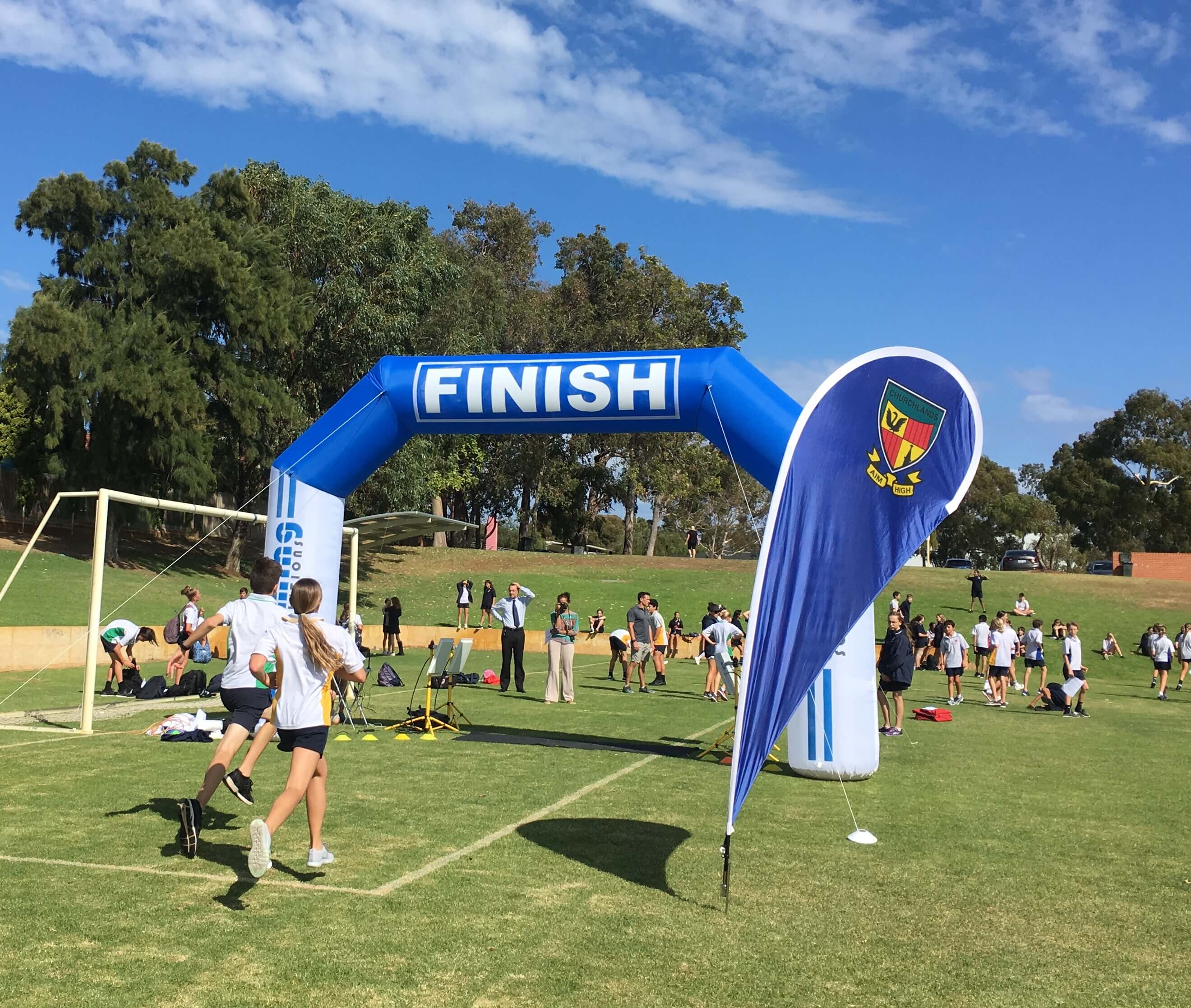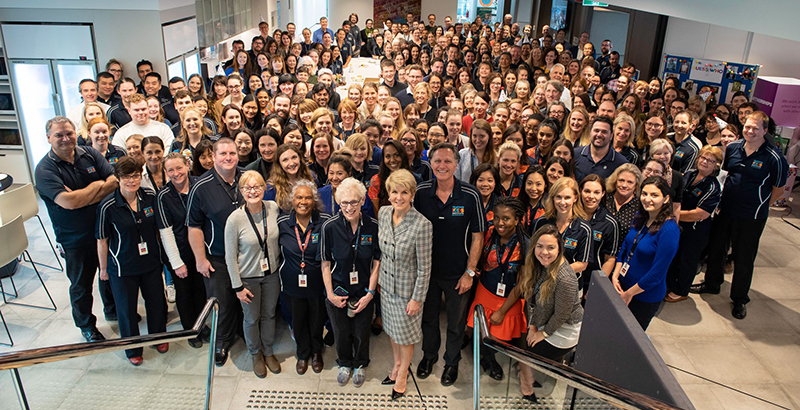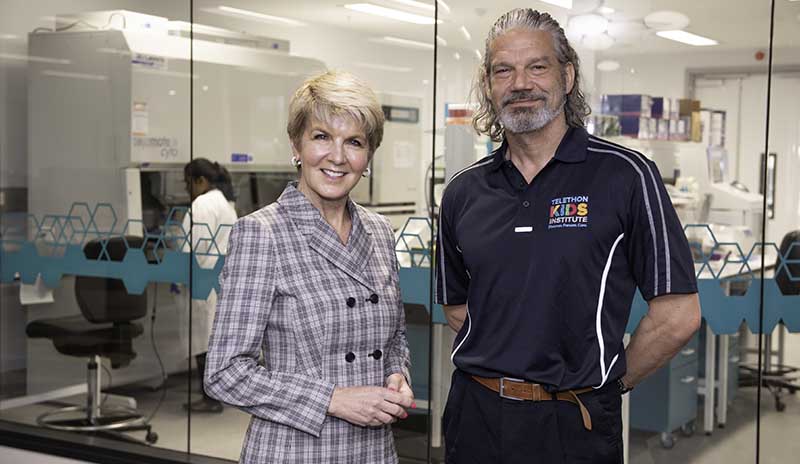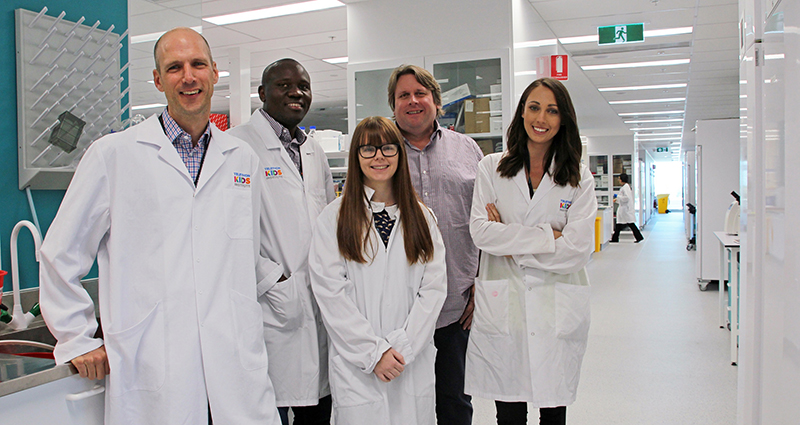Search

News & Events
What’s the difference between anxiety and depression?While depression and anxiety can have similar signs and symptoms, they also have some distinct features.

News & Events
My child is bullying others, what should I do?Most children are capable of bullying behaviour at some time, and it’s our job as parents to discourage this behaviour as soon as it appears.

News & Events
How to tell if your baby is meeting their social and developmental milestonesPaediatrician and researcher Dr Lana Bell shares some important milestones for social development to look out for in the first year of life.

News & Events
Churchlands High School Fun Run hits $30,000Over 1000 Year 7 and 8 students from Churchlands Senior High School laced up their running shoes yesterday for their annual Fun Run raising money for the Wesfarmers Centre of Vaccines and Infectious Diseases.

News & Events
Researchers call for the term ‘high functioning autism’ to be consigned to historyAutism researchers from The Kids Research Institute Australia have called for the term ‘high functioning autism’ to be abandoned because of the misleading and potentially harmful expectations it creates around the abilities of children on the autism spectrum.

News & Events
$9M NHMRC funding boost for child health researchThe Kids researchers have been awarded over $9 million in National Health and Medical Research Council (NHMRC) funding towards child health research including rheumatic heart disease, respiratory infections, and autism spectrum disorder.

News & Events
Here's to one year at Perth Children's HospitalIt's The Kids Research Institute Australia's first anniversary within Perth Children’s Hospital

News & Events
Hon. Julie Bishop to join Human Vaccines Project boardThe Kids Research Institute Australia Chair Hon. Julie Bishop will join the international Human Vaccines Project’s Board of Directors on its mission to address the next frontier of human health – decoding the human immune system to transform how we prevent, diagnose and treat disease.

News & Events
Discovery Centre offers Tilly chance to be researcher for a dayGetting the chance to play researcher for the day was a welcome change for Tilly Bignell, who has been in and out of hospital since being diagnosed with brain cancer in late 2018.

This year for Childhood Cancer Awareness Month, we got to know the sarcoma research team at Telethon Kids.
